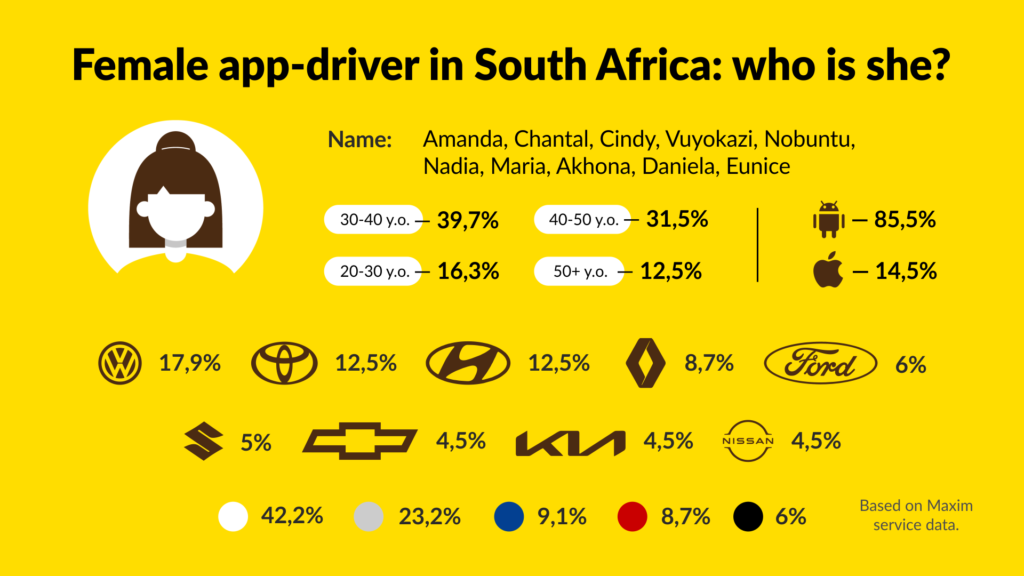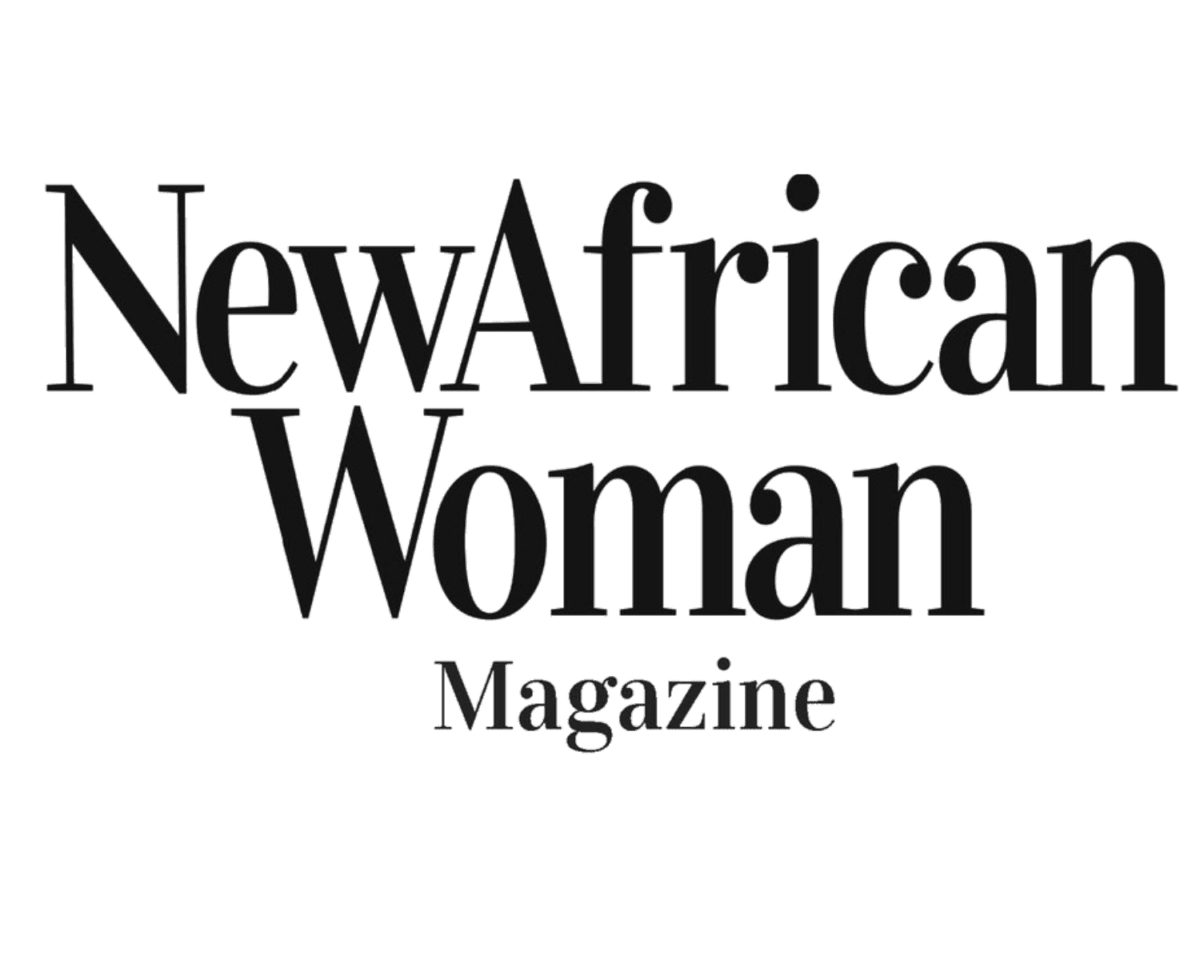South Africa: Celebrating Women on Wheels: A National Women’s Day Tribute

This past National Women’s Day on 9 August, South Africa paused to honour the strength, resilience, and achievements of its women. Among the many ways in which women are breaking barriers and redefining their roles in society, one area where they are making significant strides is in the transport industry. Reports Sarah Banda
Maxim, a ride-hailing and delivery service that recently celebrated its first year of operation in South Africa, took this opportunity to shine a spotlight on the women who drive for their platform, offering a glimpse into the life of a typical female driver.
National Women’s Day in South Africa is more than just a public holiday. It commemorate the 1956 march of approximately 20,000 women to the Union Buildings in Pretoria to petition against the country’s pass laws. Today, it serves as a reminder of the ongoing struggles for gender equality and the achievements of women in all walks of life. And as such, it has become a day of reflection, celebration, and advocacy.
Defying Stereotypes
As women continue to defy stereotypes and venture into traditionally male-dominated fields, the role of female drivers in the ride-hailing industry has become increasingly prominent.
Maxim’s recent analysis of its female driver base reveals some interesting insights. The most common names among their female drivers are Amanda, Chantal, and Cindy, with other popular names including Vuyokazi, Nobuntu, Nadia, Maria, Akhona, Daniela, and Eunice. This diverse range of names reflects the broad spectrum of women who have embraced the opportunity to work in this field, combining the flexibility of ride-hailing with their personal and professional commitments.

In terms of age, the largest group of female drivers (39.7%) falls between 30 and 40 years old. This group is closely followed by women aged 40 to 50, who make up 31.5% of the female driver base. Younger women, aged 20 to 30, represent 16.3%, while those over 50 comprise 12.5% of the female driving force. These statistics highlight the appeal of ride-hailing as a career option for women across different life stages, from young professionals to those looking for a flexible income source later in life.
Choices and practicality
When it comes to technology preferences, an overwhelming majority of these women (85.5%) use Android-based smartphones, with only 14.5% opting for iOS. This preference for Android likely reflects broader smartphone trends in South Africa, where Android devices are more prevalent due to their affordability and variety.
As for their vehicles, the most favoured colour is white (42.2%), a practical choice given South Africa’s hot climate. Silver and grey are also popular, with 23.2% of female drivers opting for these shades. Other colours that make the list include blue (9.1%), red (8.7%), and black (6%). These choices suggest that practicality and durability are key considerations for female drivers when choosing a car colour.
In terms of vehicle brands, Volkswagen is the clear favourite among Maxim’s female drivers, with 17.9% choosing the Polo model. Toyota and Hyundai follow closely, each representing 12.5% of the fleet. Other popular brands include Renault (8.7%), Ford (6%), Suzuki (5%), and Chevrolet, Kia, and Nissan (4.5% each). The preference for reliable and well-established brands highlights the importance of safety and dependability for women in this industry.
Commitment to safety
Maxim has also shown a strong commitment to the safety of women using their services. Last year, the company introduced a “Female driver” rate, which allows female passengers to choose exclusively female drivers. This feature ensures that trips booked by women are not visible to male drivers, offering an added layer of security. Moreover, if a woman driver receives an order placed by a man, she has the option to cancel it without any impact on her rating. This initiative is part of Maxim’s broader effort to create a safer and more inclusive environment for women in the ride-hailing industry.
As Maxim continues to expand its footprint in South Africa, now operating in nine cities including Cape Town, Johannesburg, and Durban, the company remains dedicated to enhancing the experience for both its users and drivers.
By highlighting the achievements of its female drivers, Maxim is not only celebrating the contributions of these women but also encouraging more women to consider ride-hailing as a viable and rewarding career option.
In the words of Quinten De Kock, head of Maxim’s Cape Town office, “On this day, and every day, we’d like to draw attention to the safety and empowerment of women using ride-hailing services. We wish all women a belated but heartfelt happy National Women’s Day!”
Maxim’s journey, which began a decade ago in Asia and expanded to South Africa in 2023, is a testament to the power of innovation and inclusion. Today, they are helping millions of people move towards their goals, one ride at a time, and their female drivers are at the heart of this mission.
By highlighting the achievements of its female drivers, Maxim is not only celebrating the contributions of these women but also encouraging more women to consider ride-hailing as a viable and rewarding career option.

















